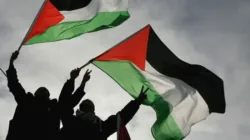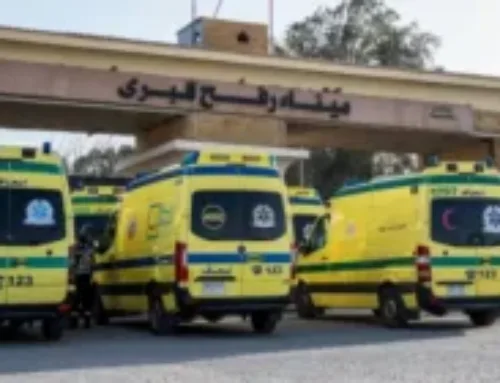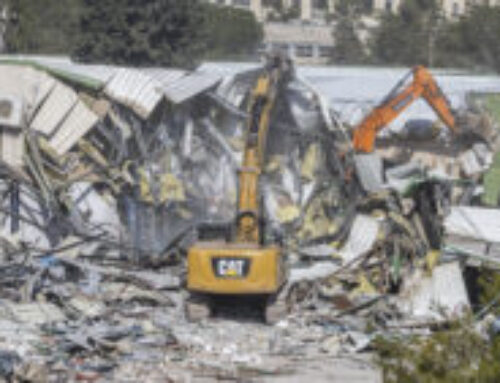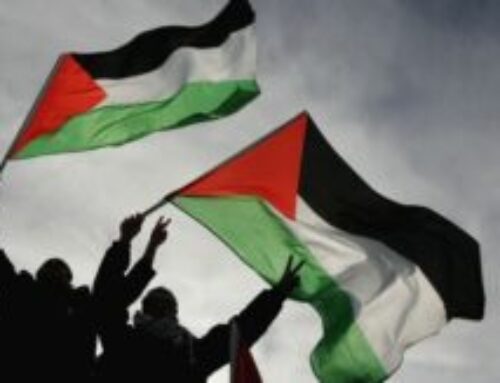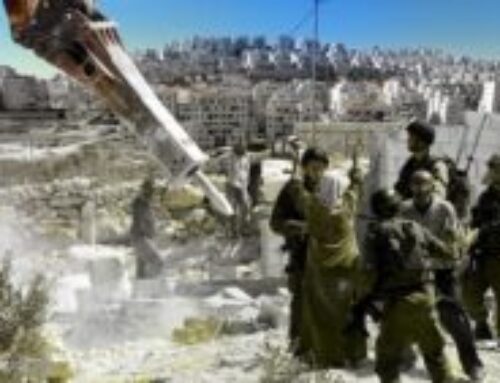From beneath the rubble of Gaza, amid the roar of warplanes and cries for help, the voice of the people of the world rose high, shaking the silence of the international community. It was not only blood that flowed; living consciences moved with it, refusing to allow humanity to be hijacked at the hands of killers. The genocide waged against Gaza became a brutal mirror exposing savagery, yet at the same time it awakened a firm global conscience that began to chant: Palestine will not be left alone.
In the major streets of the world’s capitals, a different scene was born. Crowds gathered in London, Madrid, New York, and Sydney, calling for freedom and condemning the massacres. Solidarity was no longer a fleeting emotion, but a growing popular and political act. In Madrid, chants against genocide echoed through the streets. In Bolivia, positions escalated to the point of cutting relations with the usurping entity. Meanwhile, dockworkers in Italy halted arms shipments in a move that marked the shift of solidarity from the street to the arenas of decision-making.
The Global Sumud Flotilla emerged as one of the most powerful expressions of the conscience of peoples. More than forty vessels carrying hundreds of activists from forty-four countries set sail toward Gaza to break the siege, only to be met with a hostile interception by the usurping entity in an operation the United Nations described as piracy. The response was worldwide: roaring demonstrations and sit-ins rejecting the abduction of the solidarity activists. The siege was no longer merely material; it had become a moral battle against tyranny.
In Italy, popular anger erupted in the broadest general strike in decades. Transport came to a halt, ports were closed, and workers’ voices rose: “We will not be partners in Genocide.” In Spain, the official stance escalated when Prime Minister Sánchez declared that what is happening in Gaza is a “war of genocide,” calling for a ban on arms exports to the usurping entity—a rare precedent in Europe.
Thus, the peoples authored their own narrative and imposed their moral discourse. Gaza was transformed into a universal test, and the global conscience into a living witness to a crime documented by sound and image. What was once sympathy has today become an unconquerable collective will.
In an age where values stagger under the weight of brute force, Palestine restored the world’s moral face. From the heart of the squares, the voices of ships, and the chants of ports, peoples are writing that solidarity is not a slogan, but a human covenant that cannot be denied. After the war of genocide, a new global memory was born—one that does not know silence, but knows well how to say: “With Palestine… Until freedom dawns.”

